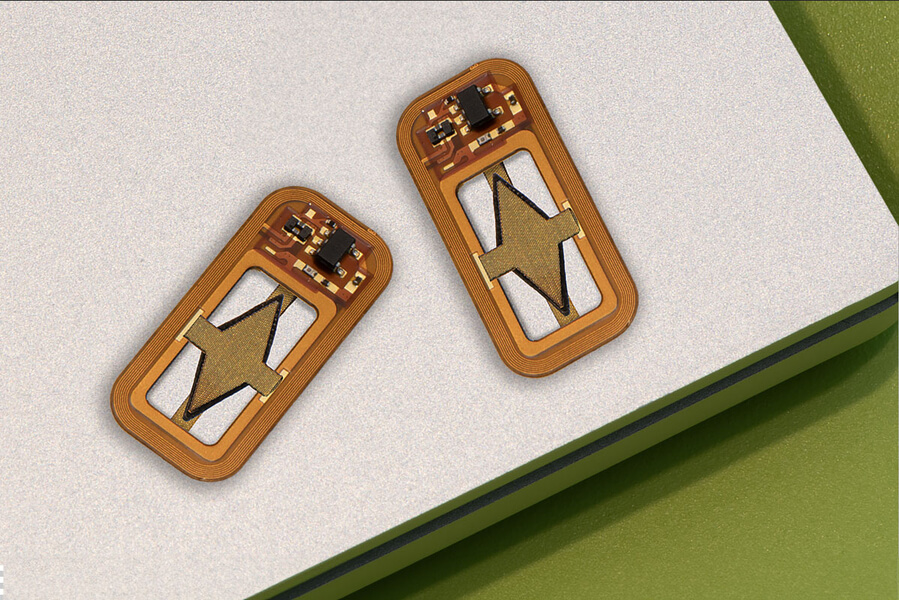A ray of hope for diabetic patients worldwide, this MIT breakthrough could solve one of the biggest challenges yet.
MIT engineers revealed a new implantable device that generates insulin when the patient needs it. Not only that, it can also power itself by creating its own oxygen.
From the announcement:
“One promising approach to treating Type 1 diabetes is implanting pancreatic islet cells that can produce insulin when needed, which can free patients from giving themselves frequent insulin injections. However, one major obstacle to this approach is that once the cells are implanted, they eventually run out of oxygen and stop producing insulin.
To overcome that hurdle, MIT engineers have designed a new implantable device that not only carries hundreds of thousands of insulin-producing islet cells, but also has its own on-board oxygen factory, which generates oxygen by splitting water vapor found in the body. The researchers showed that when implanted into diabetic mice, this device could keep the mice’s blood glucose levels stable for at least a month. The researchers now hope to create a larger version of the device, about the size of a stick of chewing gum, that could eventually be tested in people with Type 1 diabetes.
“You can think of this as a living medical device that is made from human cells that secrete insulin, along with an electronic life support-system,” says Daniel Anderson, a professor in MIT’s Department of Chemical Engineering, a member of MIT’s Koch Institute for Integrative Cancer Research and Institute for Medical Engineering and Science, and the senior author of the study.”
Also read: The WHO Issues Warning Against Non-Sugar Sweeteners for Weight Control
The announcement points out that currently, even with the best blood sugar monitoring, diabetics can’t regulate their levels by injecting insulin as well as a functional pancreas could. With this device, the need for insulin injections would be gone.
Researchers have tested the implantable insulin device on mice and hope to move to testing on larger animals and eventually humans.
While they have focused on diabetes for now, the scientists hope the device could be repurposed for more illnesses that require constant medication. You can read their paper here.
Also read: Apple Watch Can Detect Diabetes With 85% Accuracy
Also read: Can You Trust It? How Accurate is Apple Watch Calories Tracker
Follow TechTheLead on Google News to get the news first.



















